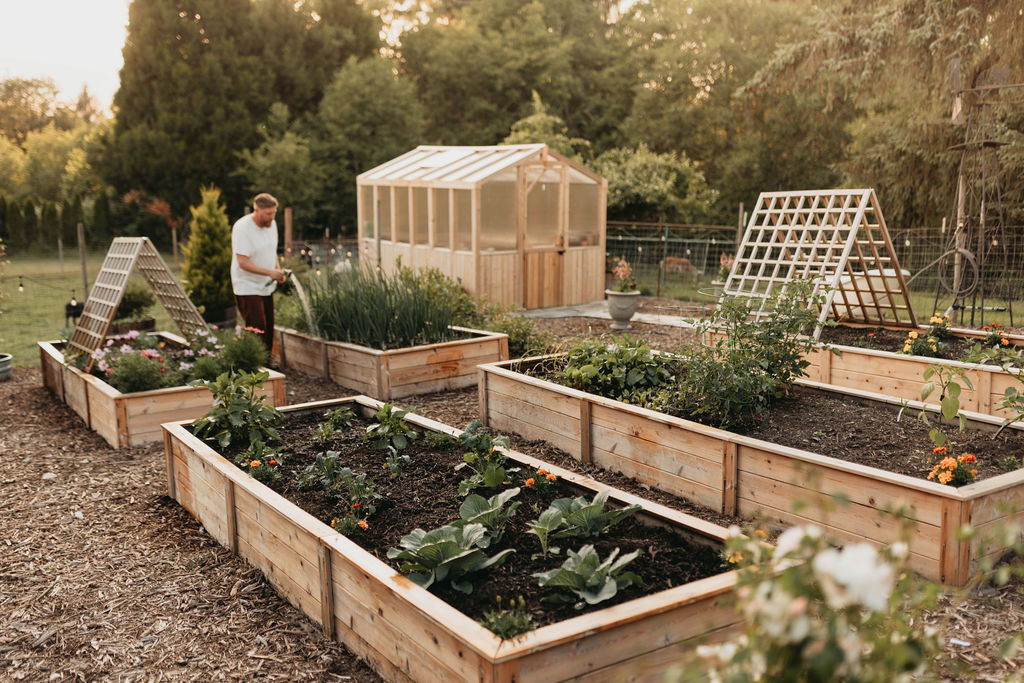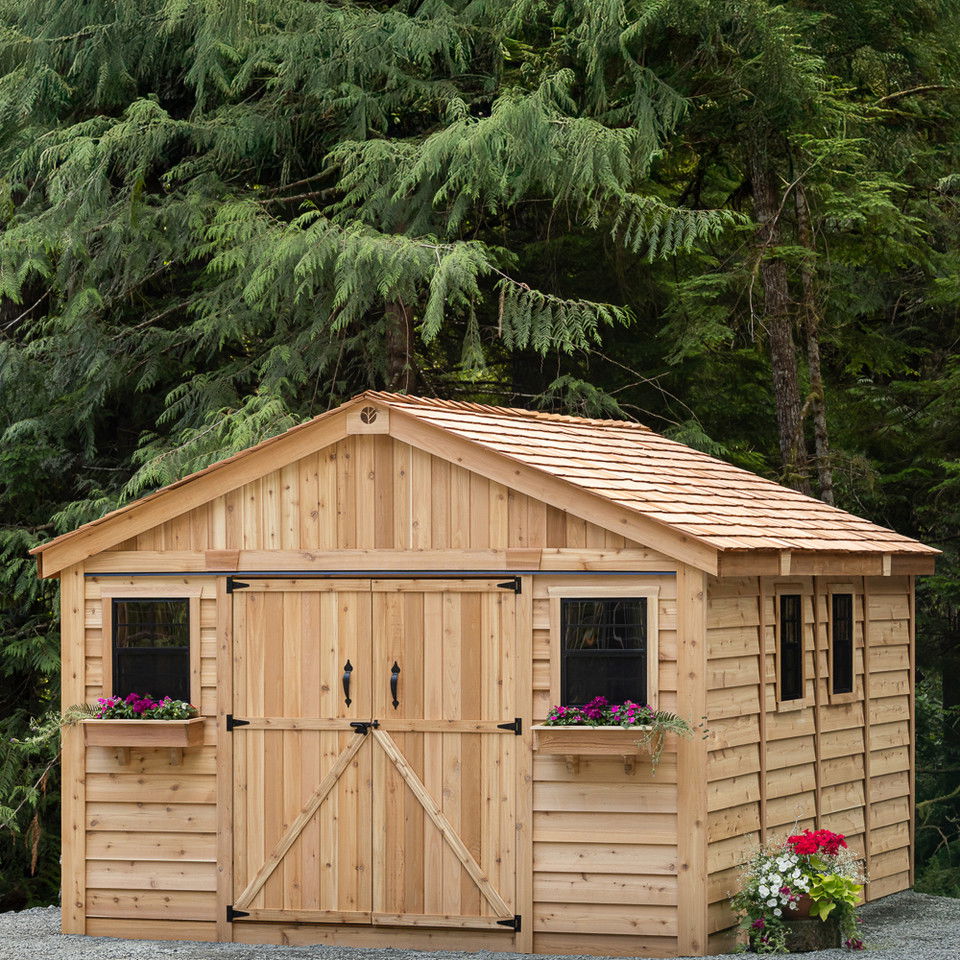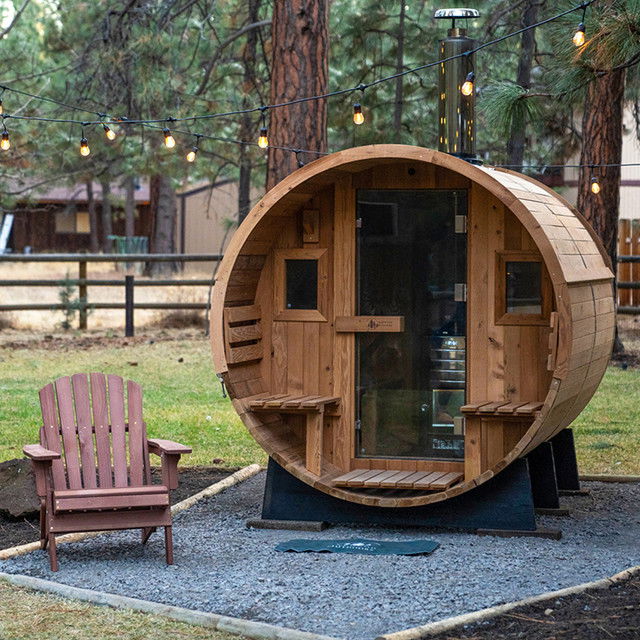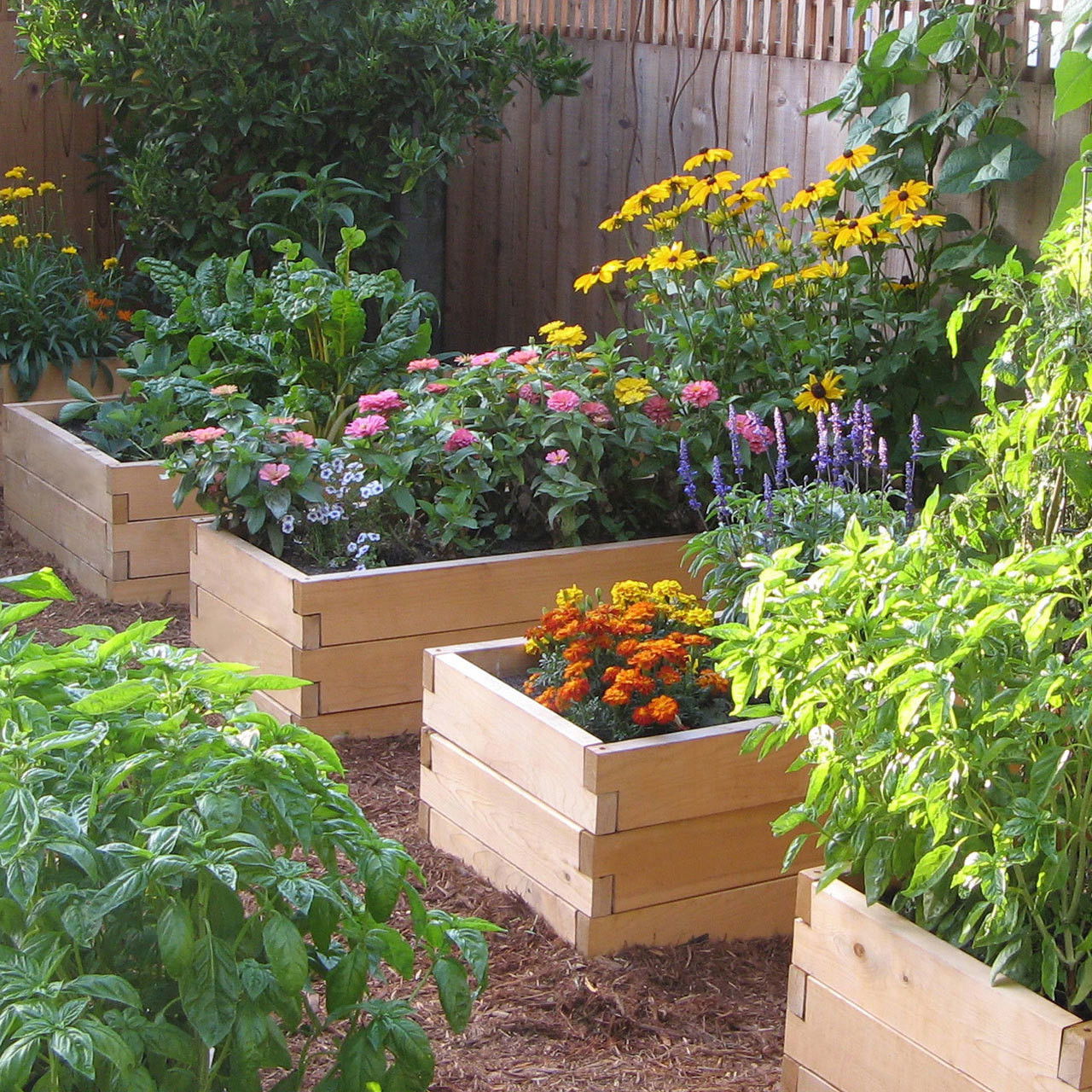Your lovely green grass serves a much greater purpose than just looking good. It absorbs water when it rains and improves water quality for everyone. A lawn helps with the environment with its cooling effects while providing oxygen for the air you breathe. It prevents erosion and filters contaminants from rainwater.
Your lawn also promotes healthy microorganisms and traps dust and dirt. Most importantly, it’s something that everyone from family members to pets can enjoy. Keeping your lawn pristine doesn’t mean using toxic chemicals either as there are sustainable, non-toxic alternatives available today. You can even help the local wildlife and insects through certain methods.
Understanding natural lawn care principles
To keep a beautiful lawn in an environmentally-friendly way, use organic fertilizers and inputs. We recommend using locally adapted grasses and lawn blends as they are already adapted to the climate.
Lawn maintenance involves improving soil as this is going to support ground covers and reduce weeds. Test your soil’s pH with a test kit, which also tests nutrient levels. It should read between 6.5 and 7.0 as this is slightly acidic and the desired level. If it’s too acidic, you could sprinkle lime and if it’s not acidic enough, you can use sulfur.
Lawns thrive in loamy soils with a combination of clay, silt, and sand. If soil is compact, you may need to aerate it. Aerating is a process where small plugs of turf are lifted to make spaces of air in the soil.
Using organic matter from your compost or grass clipping will help to lighten soil that has a high content of clay. This will help to hold onto water and essential nutrients. Some of the lawn mowers on the market have mulching attachments that break up clipping and disperse them while you mow. This helps to add additional minerals to soil.
Benefits of natural lawn care
There are numerous benefits to natural lawn care for your household and nature. Natural lawn care is better for the environment as you’re not adding pesticides. You also support local wildlife. Without the use of pesticides, it’s better for the health of you and your loved ones. You can safely enjoy playing or sitting on the grass when it’s healthy from natural care.
Another benefit to natural lawn care is it requires less water, which is also better for the environment. You avoid environmental costs of traditional lawn care by using less water and disposing of less yard waste. Also, by mowing your grass less often, you avoid hydrocarbon emissions. Pesticides kill between 60-90% of earthworms when used, which are an important part to your soil’s health. By using better practices, your lawn can flourish without the need for overwatering, constant mowing, and pesticides.
Types of lawn cover and their characteristics
There are a variety of different lawn covers available that have different needs. Depending on where you live and how dry or rainy it is, there’s a perfect grass for you. Drought tolerant eco-lawns are excellent for dry climates and require less watering. They are grass blends with deep roots. Microclover and microclover blends stay green and grow at a slower pace, requiring less mowing and watering. Low-growing wildflower seeds can be added to support pollinators and are low enough to miss the blades of a lawnmower.
Modern natural lawn care aims
To avoid the frequent use of fertilizers, there are natural ways to maintain your lawn. Reducing lawn size is one proactive way to reduce lawn inputs. This could include cutting some of the lawn out to make space for flower beds.
Another natural lawn care method includes welcoming insects and animals that are beneficial to the health of your lawn. You can also add wildflowers, which will support pollinators like bees. Allow your lawn to respond naturally to weather as opposed to frequently watering it.
Natural lawn care tips
For a successful natural lawn, water early in the morning. Furthermore, by watering less, your lawn will learn to cope by going dormant. You may not want brown grass, but it does eliminate the need to water, which may be necessary if there’s a water shortage.
Another tip is to refrain from mowing if you don’t have to, even if weeds are coming up. In fact, we suggest that you don’t try to get rid of beneficial weeds like clover and dandelions as they actually benefit your lawn with essential nutrients. Dandelions are a natural aerator with deep roots that bring minerals to the surface that other plants use. Also, their flowers provide food for pollinators.
Another way to add nutrients to your lawn is by leaving your lawn clippings on the grass. Sharpen your lawn mower blades once a year as this promotes greener grass. If you’re going to fertilize, just do so once or twice a year. It’s all you’ll need to have an attractive lawn.
Conclusion
A natural lawn more or less takes care of itself if the soil is right. While it might not always be pristine, it’s going to be much better for the environment.
